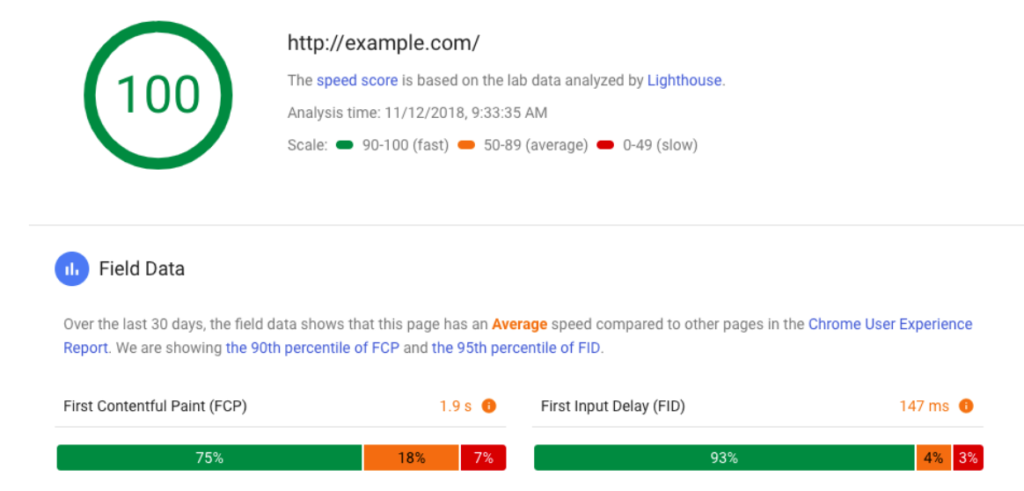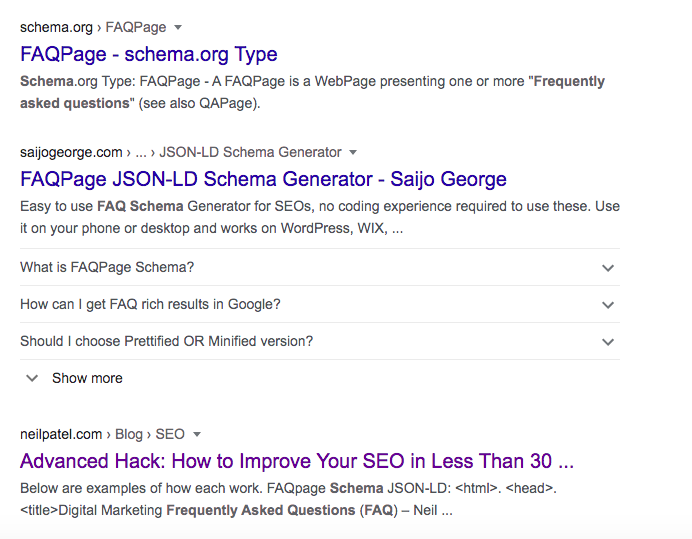Keywords can make or break the success of your SEO strategy. It’s difficult to drive traffic that converts if you’re website doesn’t appear for important terms people are commonly searching. If you enjoy earning more revenue, learn how to choose keywords for your website to boost the number of leads and conversions.
Choose the most descriptive search terms
Did you know that 15% of the searches Google processes are completely unique search terms? There are billions of searches made each and every day so that should give you an idea of the massive number of word combinations that people are using.
It should also give you an idea about how people are searching. Long-tail keywords make up about 70% of total searches. Short-tail keywords or seed keywords may have some of the largest search volumes, but due to the vagueness of true search intent, they aren’t exactly the words you would target for your website because they don’t convert as well.
Optimizing for long-tail keywords can drive more targeted traffic because the visitors are looking for something more specific (specified in your long-tail key phrase).
For example, pretend you owned a website that sold cotton cut-off t-shirts. There’s no doubt that ranking on the first page for the keyword t-shirts would bring you business.
The truth is though that this short-tail keyword represents a lot of people that are looking for all different types of t-shirts.
Even if you ranked on the first page you may be driving a lot of unwanted traffic to your website. Not everyone who types t-shirts is looking for cotton cut-off t-shirts.
You might get 80K people on your website but if you dont have what they’re looking for they’re going to bounce off your website anyway. Add this problem on to the challenge of ranking a difficult keyword and there’s a lot of wasted time and resources going towards a keyword that isn’t perfectly suited to your website.
It’s better to get 100 out of 1000 people buying your product opposed to 50 people out of 10,000 people on your site. At the end of the day, good SEO is getting people to exactly what theyre looking for when they search a keyword.
Use tools to find important metrics
One way to go about finding the best search term for your business is to use Google’s Keyword Planner. Why not get some keywords ideas straight from the horse’s mouth?
Another highly recommended alternative is SEMRush. Even if you’re not going to be using the tool to great lengths, they offer a free version that will provide you with a great base for finding useful keywords for your website.
When you go through keyword ideas, you’re looking for the keyword with a good balance between low competition, high search volume, and high business value.
Assess the competition
When you assess whether the keyword you’re choosing is right for your business you should have an idea of the how important the keyword is to your business. Where does it fit into your strategy? This is important to know because it will determine how hard you’re willing to fight for a first page position.
Most analytic software tools will show you a value for the strength of the competition. For example, SEMRush has a column with a value for keyword difficulty.
This value (along with every other third party analytic tool) will base the difficulty of a keyword on the number and quality of backlinks it has pointing to the page. One tool that’s particularly good at giving you a quick glance at some of these metrics is the Mozbar that can be dowloaded as a browser extension.
Moz derives page authority and domain authority from the backlinks pointing to the page and domain respectively. This tool will also indicate the number of backlinks that a page has pointing to it.
When you want to assess the competitiveness of a keyword, you need to search for the keyword and analyse the first page of results. Using this extension will inform you about the difficulty it would take to rank on the backlink profile of the competing pages.
Keep in mind that the backlinks of a page is only one part of determining how a page is ranking. There are other factors that also need to be assessed but having this information at your disposal is one way to get a quick glimpse at the kind of strength other sites are demonstrating.
Maximize the search volume
As Tim Soulo, CEO of Ahrefs put it, “Search volume is a vanity metric.” What good is high search volume if none of the visitors on your site convert into paying clients? We all want high volumes of traffic BUT the traffic needs to be from keywords that represent what your future clients are using in searches to find the solutions you offer.
High search volume in one industry may not be that high in another industry. For example, a plastic surgeon may do very well with a website that gets 1000 visitors a month from legitimately interested clients. A website that sells poop bags for dogs won’t make that much money even if every one of those 1000 visitors all buy poop bags.
Every industry has its own standard for what high volumes of traffic are. It’s important to know what the value of traffic is in your industry to make better decisions on keyword you wish to pursue. This can be infinitely easier when you’ve assigned a business value to your keywords.
Choose high business value keywords
Keywords that drive traffic that converts are considered to have a high business value. For every keyword that you target, you need to identify the true search intent behind the keyword. This will give you a clear idea of whether a visitor will be likely to use your product or service.
In order to rank on the first page of Google for any keyword, your content needs to satisfy the true intent of the search. Google won’t rank a page that serves the user no purpose for the keyword they’ve used to search. Even if they did, if too many users bounce from the ranking page, that page is demoted.
The key point here is that in order to determine the value of your keyword, you need to understand what the user truly wants and expects to find when they type it.
Once you have this aspect covered in planning your content, you can assess the impact your content will have on a users decision to purchase your product or service. If a user is likely to feel like they need what you offer, then it would make sense to pursue the keyword because it has high business value.
If the user doesn’t feel that they need your product or service after reading your content, then that keyword has low business value.
Commercial value short cut
You can take a short cut to assigning value to a keyword by finding the top bid that publishers are willing to paying to get one click from the traffic a keyword represents. If you look at the cost-per-click (CPC) on Google Keyword Planner, or any other tool, you can get an idea the value of that keyword.
For example, bail bondsmen are willing to pay anywhere from $40 to $120 per click for some keywords because they know they’re going to make more money from the conversion. It would make sense to optimize for those keywords because the raffic is obviosuly making the publisher money.
At the opposite end of the spectrum, you may not want to pursue a keyword that has $0.00 CPC value because it’s obvious no one is making money from that keyword since no one is paying for that traffic.
Again, like anything in SEO this should be included in your keyword analysis as one of the many indicators as to whether a keyword is valuable to your website.
Be logical, rational and analytical with your keyword selection
Choosing keywords isn’t extremely difficult, but it should be done only after careful consideration. Choose the keywords that play a role in your overall keyword strategy and contribute to driving traffic with visitors that convert to clients.


